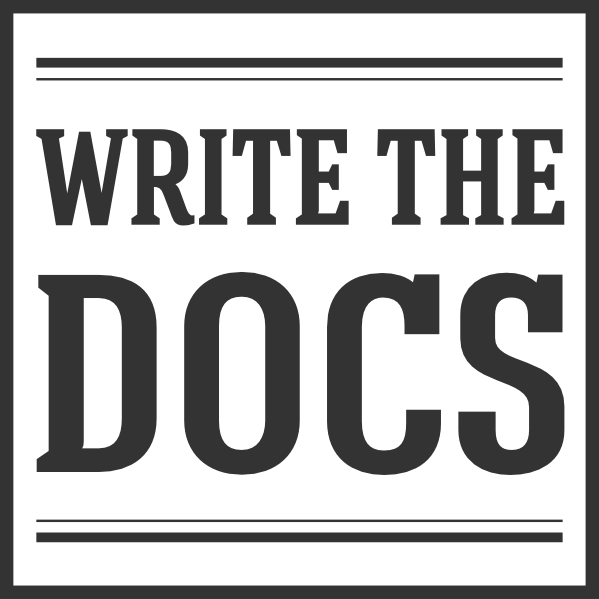Applying Engineering Principles to Technical Writing¶
Description
It is common to find these questions in Technical Writing forums on the Internet: Is engineering required for technical writing? Do I need an Engineering degree to become a Technical Writer? We know the short answer is "No," and it is a fact that many technical writers come from different fields and non-technical backgrounds. But we also know that technical knowledge and a fundamental understanding of Engineering are advantageous for the job.
I started my career as a technical writer with a Bachelor of Arts in Language and Literature, so I naturally asked myself those questions at some point, even though I learned programming many years before that. Today, I have a master's degree in Applied Informatics, and I've been a technical writer for six years. During this time, I've dealt with many different documentation needs from customers of diverse industries. I've also learned from my fellow team members, including UX designers, QA, Data, SRE, and software engineers.
I am still convinced that you don't need an engineering degree to be a successful technical writer, but I've found out you can apply some basic engineering principles to it. In this talk, I'll share some insights on how to apply engineering principles to the technical writing discipline, including the following:
- The Engineering Black Box
- What's at the heart of Engineering?
- The Engineering Design process
You don't need an Engineering degree to enjoy this talk!
- Conference: Write the Docs Portland
- Year: 2024



